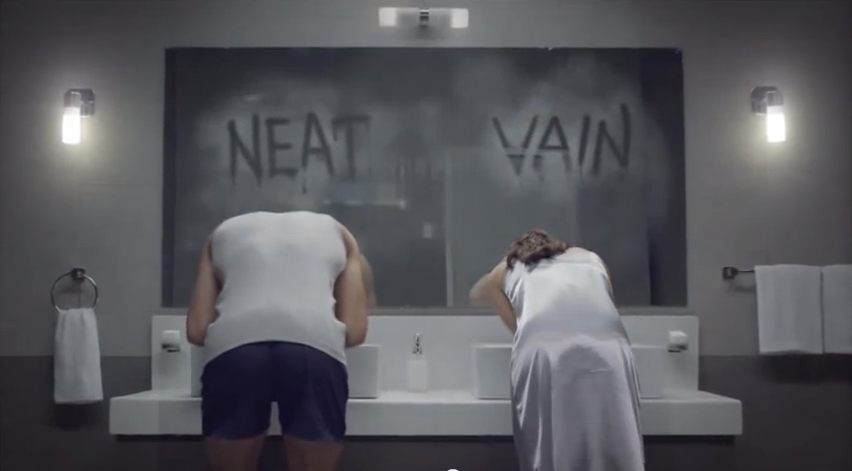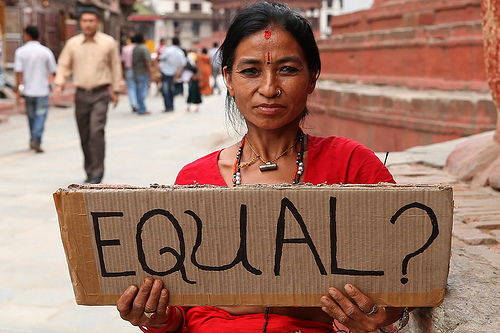by Arvind Soundararajan
 When my parents migrated to Singapore from India around 20 years ago, they were in a whole new environment. Everything was different, from the climate to the living conditions. However, one thing remained the same – the cultural norms they followed strictly. We live in a patriarchal society that views men of higher status than women. Men were the sole breadwinners and heads of the family. Meanwhile, no matter how educated the women were, they were still relegated to domestic affairs such as taking care of the house and children. This has been ingrained in our culture and our minds for generations. It has lead to many repercussions, one of which include the mistreatment and objectification of women.
When my parents migrated to Singapore from India around 20 years ago, they were in a whole new environment. Everything was different, from the climate to the living conditions. However, one thing remained the same – the cultural norms they followed strictly. We live in a patriarchal society that views men of higher status than women. Men were the sole breadwinners and heads of the family. Meanwhile, no matter how educated the women were, they were still relegated to domestic affairs such as taking care of the house and children. This has been ingrained in our culture and our minds for generations. It has lead to many repercussions, one of which include the mistreatment and objectification of women.
I grew up hearing stories from my grandmother about the hardships she faced in pre-independence India. She felt that the hardships of being a women affected her the most during those tumultuous times. Back then, the status of Indian women was at its lowest point. My grandmother used to tell me that wives were living their lives like slaves. She couldn’t leave the house at all and was not even allowed to look out of the window; she was imprisoned in her own home. Even when she had the opportunity to leave her house, she had to wear clothes that covered her entire body to ensure no skin was exposed. This was both for her safety as well as dignity. My grandmother used to tell me of times where she would sneak out of her house just to get a breath of fresh air. Hearing these stories really impacted me deeply. I began to wonder and feel sympathetic towards the plight of women in India.
Fast forward to the time when my parents moved to Singapore, things were not as bad as they were during my grandmother’s time. However, women were still being relegated to domestic affairs only. This was the case for my mother. Even though there were many opportunities for her to go out to work and my father was completely supportive, she felt it was her duty as a woman to stay at home to take care of the children. Looking at my own mother restricted by gender norms proved to be a significant turning point in my life. Seeing that it impacts women even in the 21st century gave me an insight into how grave this situation actually was.
This form of backward thinking will lead to negative repercussions. In order for society to grow and develop, there has to be an equal treatment of both genders. Campaigns such as the We Can! Campaign have been introduced to tackle this problem. These campaigns address the harmful misconceptions that perpetuate violence. You too could become a part of this initiative by joining the We Can! Campaign as Change Maker. Every individual effort counts.
